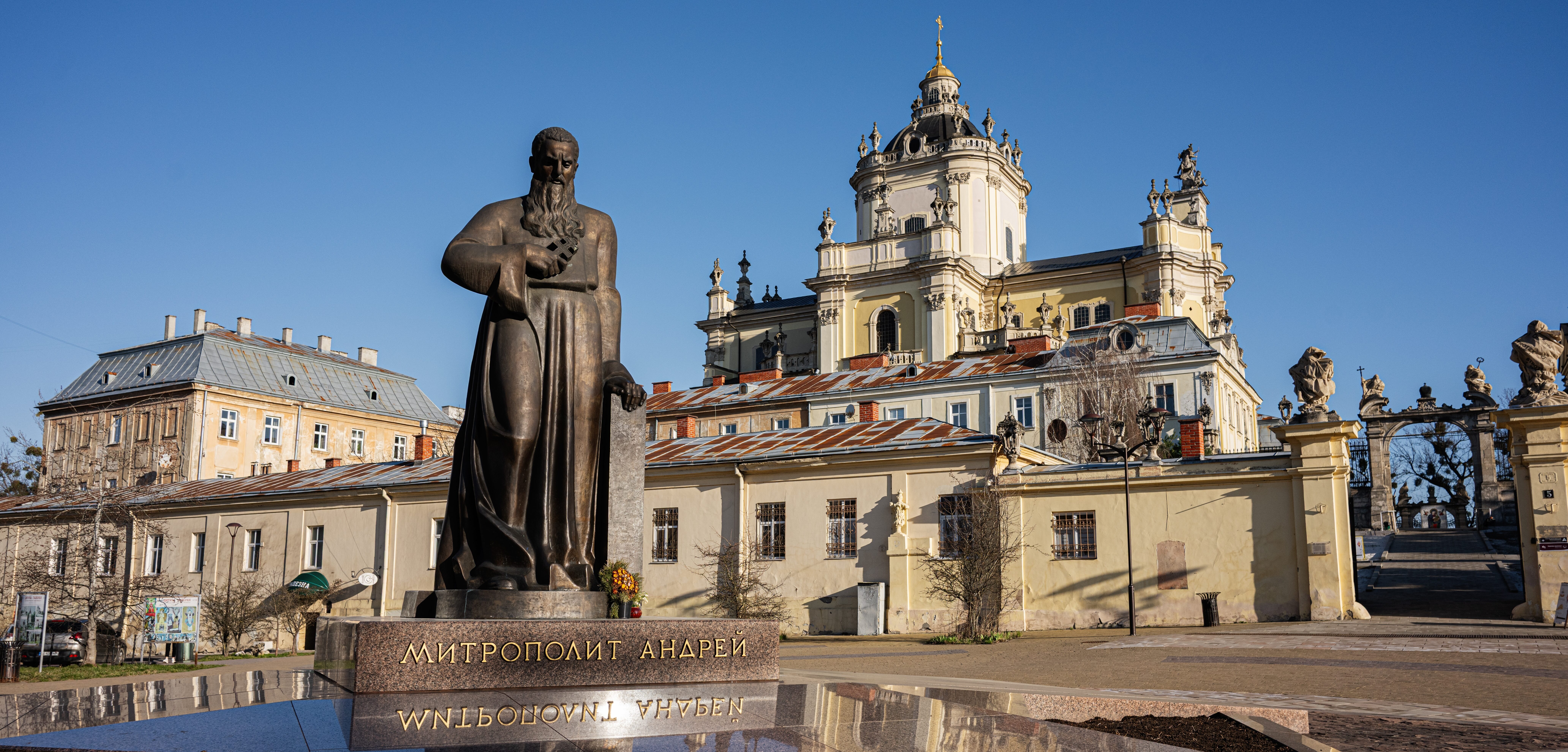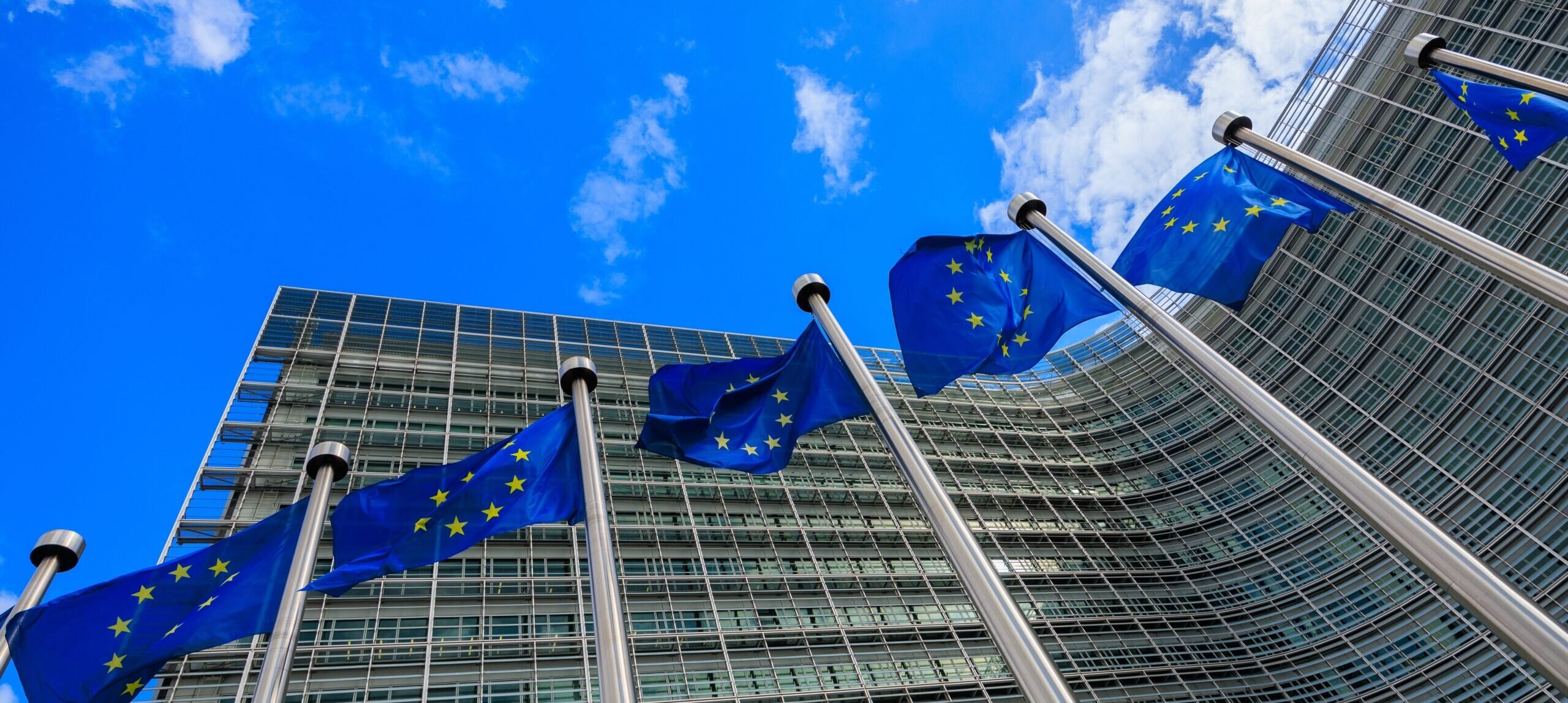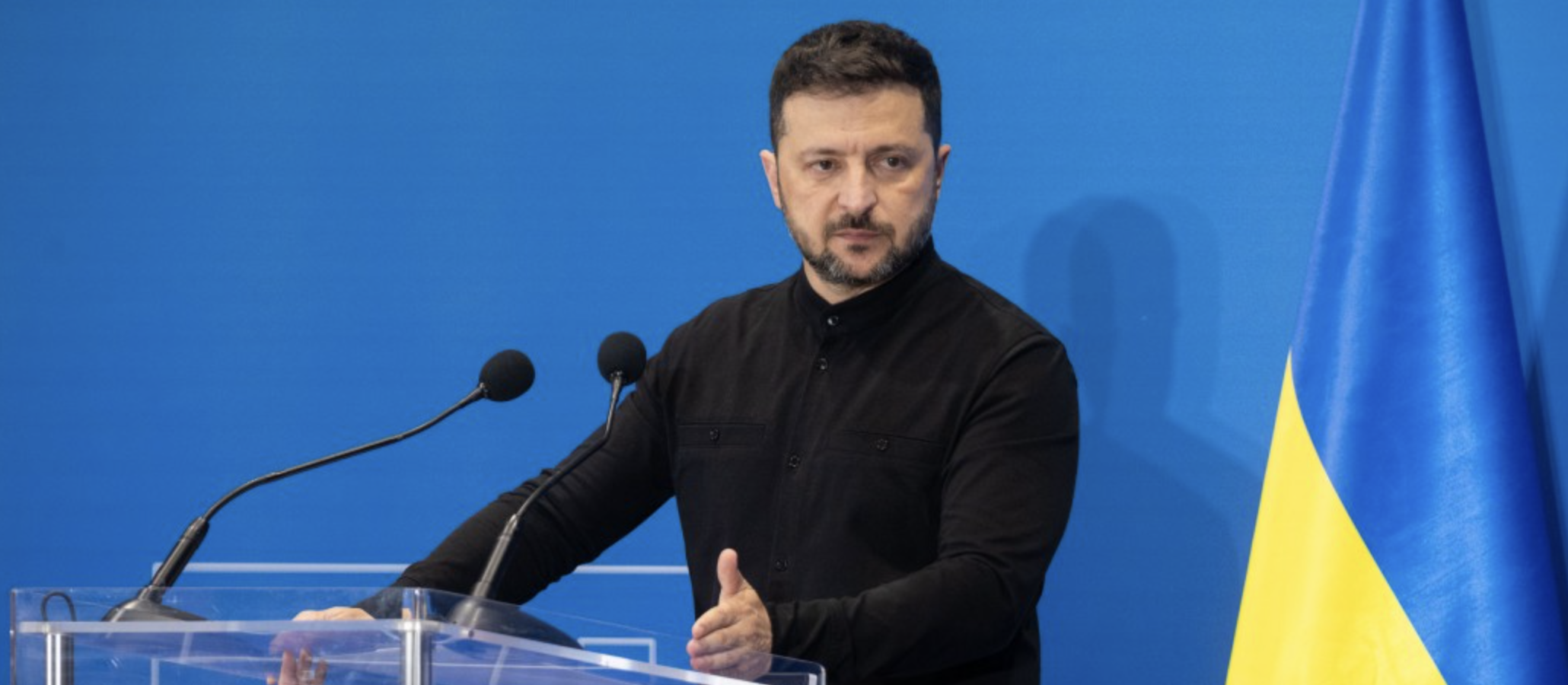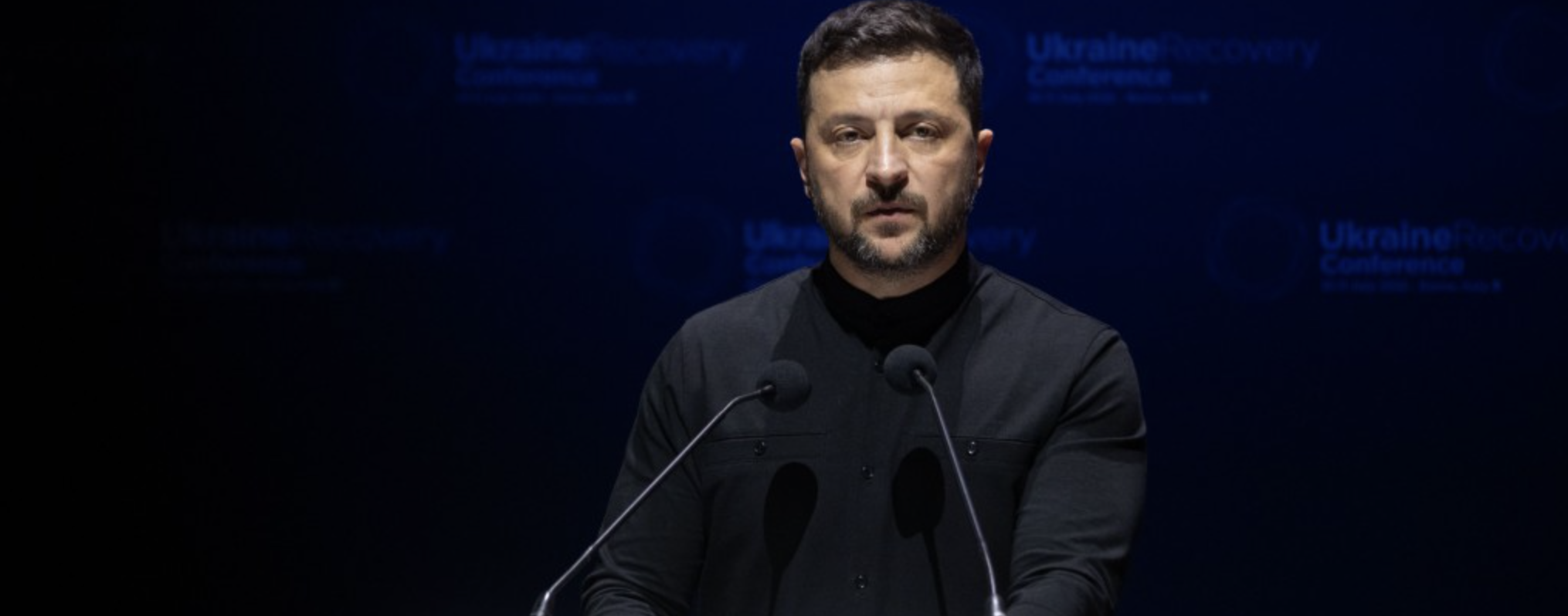
Abstract:
Asymmetric interdependencies with Russia have been identified as a key factor influencing domestic change in response to EU policies in Eastern Partnership (EaP) countries. As argued in the literature, interdependencies can either facilitate or constrain EU-demanded change, depending on whether they are associated with EaP countries’ sensitivity or vulnerability to Russia’s policies. In this paper, we provide a systematic mapping and process-tracing of interdependencies in three EaP countries (Belarus, Moldova and Ukraine) and four key sectors (trade, migration, energy and security). We further explore Russia’s use of interdependencies and attempts at issue-linkage between the above sectors. Finally, we scrutinize domestic elites’ responses to Russia’s strategies. Drawing upon the distinction between sensitivity and vulnerability, we seek in particular to identify the conditions under which Russia’s policies effectively incentivize or disincentivize the political elites in EaP countries to engage with the EU’s and Russia’s policies. We find that Russia’s attempts to link issues (even if to varying degrees across countries and sectors) effectively undermined further integration with the EU in those cases where policy alternatives were too costly for the incumbent elites. By contrast, Russia’s use of nexuses between different policy sectors have facilitated or even supported integration with the EU when the latter offered an affordable alternative to the EaP countries.











